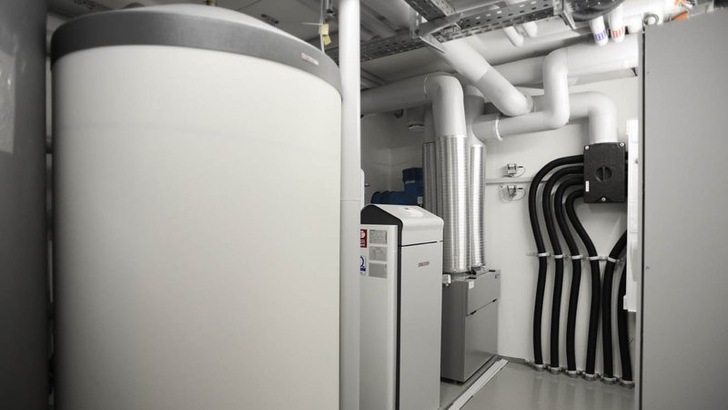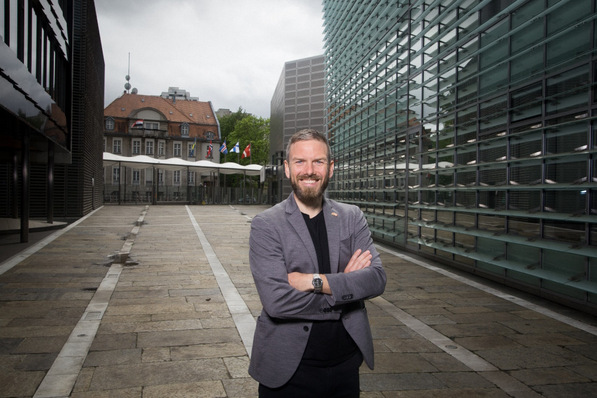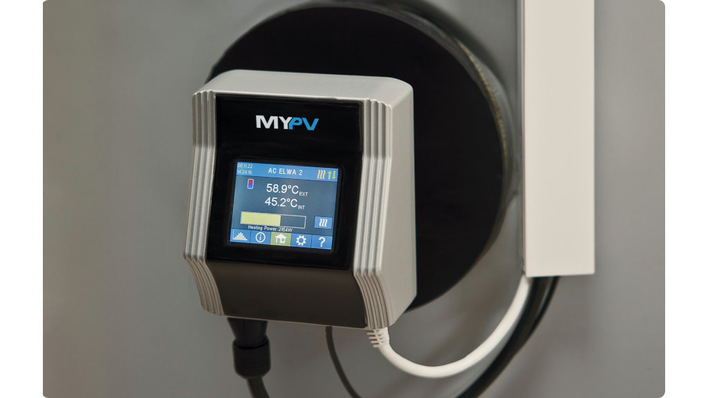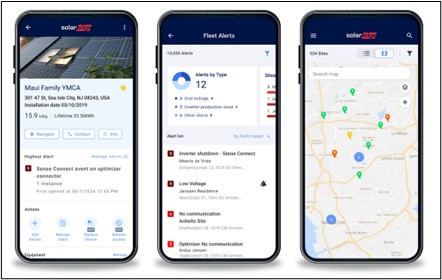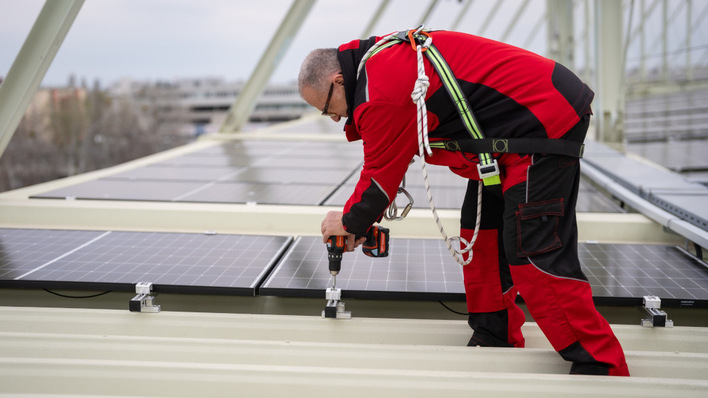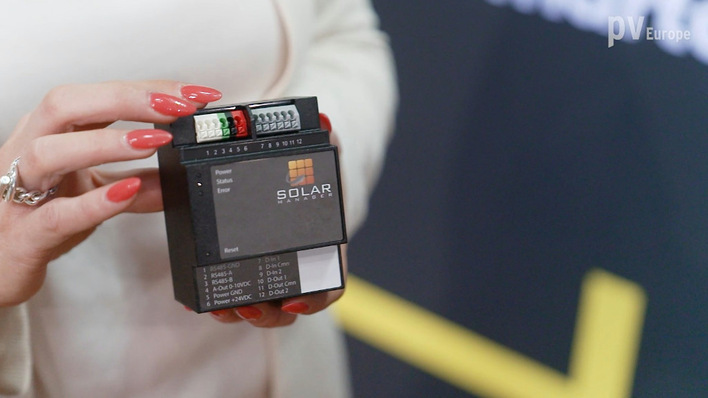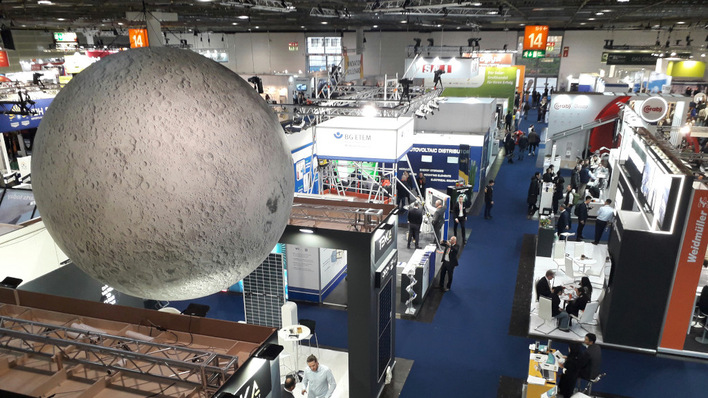The switch to renewable energies for heating is becoming more and more beneficial. That is the conclusion of the analysts of the consulting firm CO2 online in view of the results of the current heat mirror, which they have provided. The heating mirror quantifies the situation of the heat supply in the existing buildings in Germany. For this purpose, the analysts evaluate more than 147,000 data records from centrally heated residential buildings throughout Germany. They can thus provide an overview of the average costs that a household has to spend on heat supply.
Cost increase for all technologies
According to the study, the cost of providing space heating for an apartment with 70 square meters of floor space in the 2019 heating season was 720 euros if it is heated with natural gas. This is an increase of 2.9 percent compared to the previous year. Also the costs of the heat supply with fuel oil increased in the past heating season by one per cent to 855 euro. However, an even greater increase was recorded for buildings supplied with district heating. Here the inhabitants of the reference apartment had to pay 890 euro. That is 3.5 percent more than in the year before.
Heat pumps only just behind natural gas
With 7,3 per cent the inhabitants of buildings with heat pump systems had to accept. However, the nominal costs of 753 euros were still lower than most fossil heating systems. Only natural gas is cheaper. That is above all because of the electricity costs with their high part of taxes and fees, which rose by 3.8 per cent – a circumstance, which the German Heatpump-Association criticizes already longer. It demands fair taxation of heat pump electricity and natural gas so that, for example, the climate impact of the fossil fuel is included in the costs. For the first time the analysts of CO2 Online also took up pellet heaters to their cost evaluation. Here, the residents of the buildings examined have to pay an average of 590 euros – based on the reference apartment with 70 square meters of floor space.
CO2 price for fossil fuels implemented
As reason for the costs risen over all technologies CO2 Online calls apart from the risen costs of district heating and heat pump electricity also the cooler weather. In the next heating season, the CO2 price will be added, which will be charged from 2021 on for greenhouse gas emissions also from building heating systems. This will naturally have less impact on buildings heated with renewable energies, as they will not have to pay the CO2 fee.
Renovation saves money
In addition, there are also the grants, which in Germany support the switch to regenerative heating systems with a subsidy of up to 45 percent of the investment costs. A further component for the lowering of the heating costs is the energy-efficient modernization of buildings and the active production of heating energy on site. Because inhabitants of an average apartment in renovated buildings pay up to 545 euros less for heating than those in unrenovated buildings, the analysts from CO2 Online have found out. „Energy-efficient building renovation and optimization of existing buildings are the slumbering giant for energy saving and climate protection,“ explains Tanja Loitz, Managing Director of CO2 Online.
See also: 250 year old house is heated using a heat pump
„In order not to place an additional burden on tenants, renovations should be carried out in a way that is neutral to warm rents,“ adds Melanie Weber-Moritz, Director of the German Tenants‘ Association DMB. „Because only owners can modernise the heating system and thus create the conditions for lower consumption. By conscious heating and ventilation also tenants can save slightly, however a transparent account of heating costs with the correct specification of the individual consumptions is elementary for it. (su/mfo)


